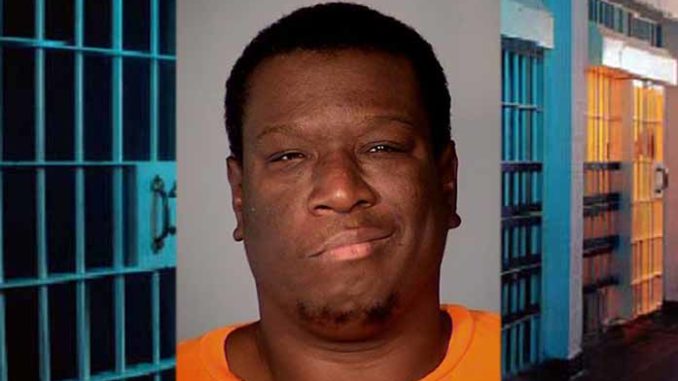
A prison inmate diagnosed with schizophrenia and other mental health disorders understood why he was being prosecuted for writing harassing letters to an Arizona Department of Corrections (ADC) employee, but the judge failed to confirm the man understood the consequence of waiving his right to a jury trial.
That’s the unanimous opinion of the Arizona Court of Appeals in State of Arizona v. Rahim A. Muhammad. The result is a remand of the case to Judge Delia Neal of the Pinal County Superior Court for a determination of whether Muhammad “knowingly, intelligently, and voluntarily” chose to have a judge -and not a jury- decide his guilt.
Neal has been ordered by the court of appeals to conduct a hearing on whether Muhammed was competent to waive his right to a jury trial. If he was, then his judgment of conviction and sentence will be affirmed.
However, if Neal can make no such finding, then “the judgment will be reversed,” by order of the appellate court. The result of a reversal would be a new trial.
Court records show Muhammad was serving a 14-year sentence at an ADC facility in Pinal County for a 2012 kidnapping and aggravated assault incident when he began writing letters in February 2016 to the ADC employee in violation of two court-issued injunctions against harassment. He was charged in early 2017 with 13 counts of aggravated harassment.
Questions about Muhammad’s competency to understand the charges against him and to assist in his defense as required by Rule 11 of criminal procedures date started early on the case. The prosecution was delayed several times for Rule 11 proceedings, which culminated with Muhammad entering a restoration to competency (RTC) program in January 2018.
Muhammad “graduated” from the RTC program in May 2018 but by the end of the year his new defense attorney requested a second Rule 11 screening. A report of that screening advised Neal that while Muhammad suffers from schizophrenia, auditory hallucinations, and delusions he was competent to stand trial.
A trial date was set for mid-2019 but in April 2019 Muhammad elected to have the case heard as a bench trial, which makes the judge the trier of guilt. Often defendants will stick with a jury trial because just one “not guilty” vote ensures at minimum a mistrial.
But according to court records “the reasoning behind this is with a name like Rahim Muhammad, my client believed he could not get a fair trial in front of a largely white jury,” the defense attorney told Neal.
A two-day trial in June 2019 resulted in Neal finding Muhmmad guilty of all 13 counts. The judge then imposed a sentence of 16.5 years to be served at the end of his earlier sentences.
On appeal, Muhammad argued his mental health issues and prior competency concerns required the trial court to make an on-the-record finding of Muhammad’s competency to understand the pro and cons of waiving a jury trial.
“We agree,” Judge Peter Eckerstrom wrote in the opinion. However, the court of appeals denied Muhammad’s second argument that Neal should have ordered another competency evaluation after Muhammad experienced “medical distress” just hours after the start of the trial.
Muhammad was prescribed antipsychotic medication and mood stabilizers in prison to help him “think better and more rationally,” he told the judge, but after being transferred to the local jail for trial he was “having a hard time right now.”
The trial resumed a few days later and Muhammad even testified in his own defense. Eckerstrom’s opinion notes Neal did exactly what Muhammad requested -recessed the trial for a few days- and nothing in the court record demonstrated any abuse of discretion by the judge for not initiating a third Rule 11 evaluation.
The court of appeals opinion will not take effect for 30 days in order to provide time for other party to petition for review from the Arizona Supreme Court. Muhammad is currently housed at a mental health unit of the Arizona State Prison Complex- Florence. His earliest release date is listed as February 2046.

